In a rapidly digitizing world, online education has transitioned from a niche option to a central pillar of the global educational system. With the perks of flexibility, a wide range of courses, and often more affordable pricing structures, online schools have become an attractive proposition for students worldwide. As we navigate 2023, let’s delve into the top ten affordable online schools that are setting standards in quality and accessibility.
Southern New Hampshire University(SNHU)
Why it’s on the list: SNHU has consistently been recognized for its commitment to making higher education accessible. With over 200 online programs ranging from certificates to doctoral degrees, its low tuition rates and high-quality courses make it a top pick.
Yearly Cost: $9,900
Total Cost For Bachelors: $39,600
Western Governors University(WGU)
Why it’s on the list: WGU operates on a competency-based model, allowing students to progress through courses as soon as they prove mastery. This system often leads to faster graduation and reduced costs. Their flat-rate tuition model further adds to its affordability.
Yearly Cost: $8,000
Total Cost For Bachelors: $32,000
University of the People
Why it’s on the list: Dubbed the “world’s first non-profit, tuition-free, accredited online university,” University of the People offers degree programs in Business Administration, Computer Science, Health Science, and Education. Though not entirely free, the costs are considerably lower than most institutions, and scholarships are available for those who still can’t afford the already low costs. In addition to it being tuition free, you won’t pay for books or school supplies either, as they are supplied by the school.
Yearly Cost: $1,215
Total Cost For Bachelors: $4,860
Coursera University Partnerships
Why it’s on the list: Coursera partners with top universities like the University of Michigan, Yale, and the University of London to offer affordable degree programs online. These partnerships allow students to earn recognized degrees at a fraction of the usual cost. While degree options are limited, many programs are as low as $12,000 for the entire degree.
Arizona State University (ASU)Online
Why it’s on the list: ASU Online has garnered acclaim for its extensive range of online programs and its commitment to inclusivity. With tuition rates lower than many comparable online schools and a plethora of financial aid options, ASU keeps education accessible.
Yearly Cost: $15,000
Total Cost For Bachelors: $60,000
Purdue University Global
Why it’s on the list: An offshoot of the renowned Purdue University, Purdue Global offers 180 online programs. With its interactive online interface, commitment to real-world skills, and competitive pricing, it’s a strong contender on the affordability front.
Yearly Cost: $11,130
Total Cost For Bachelors: $44,520
Capella University
Why it’s on the list: Capella’s Flex Path learning model allows students to set their deadlines and move at their pace, potentially accelerating graduation. With a clear pricing model and a range of programs, it provides value for money.
Yearly Cost: $14,328
Total Cost For Bachelors: $57,312
American Public University System(APUS)
Why it’s on the list: APUS, comprising American Military University and American Public University, provides 200+online degree and certificate programs. Notably, it eliminates the need for textbooks with free e-books to every student, a huge savings each semester for prospective students.
Yearly Cost: $9,750
Total Cost For Bachelors: $39,000
Foothill College
Why it’s on the list: As a community college, Foothill offers numerous online associate degrees and certificates. With low tuition, especially for residents of California, and a variety of financial aid options, it’s a beacon of affordable online education.
Yearly Cost: $9,000
Total Cost For Bachelors: $36,000
Making the Right Choice
With a plethora of affordable online schools available, selecting the right institution is paramount. Here are some tips for prospective students:
- Accreditation: Ensure the institution is accredited by a recognized agency. Accreditation ensures the program meets educational standards and can influence credit transfers and employer recognition.
- Course Content: Review the curriculum to ensure it aligns with your career and educational goals.
- Support Services: From academic counseling to tech support, check the range of student services offered.
- Feedback: Connect with current students or alumni. Their experiences can provide invaluable insights.







